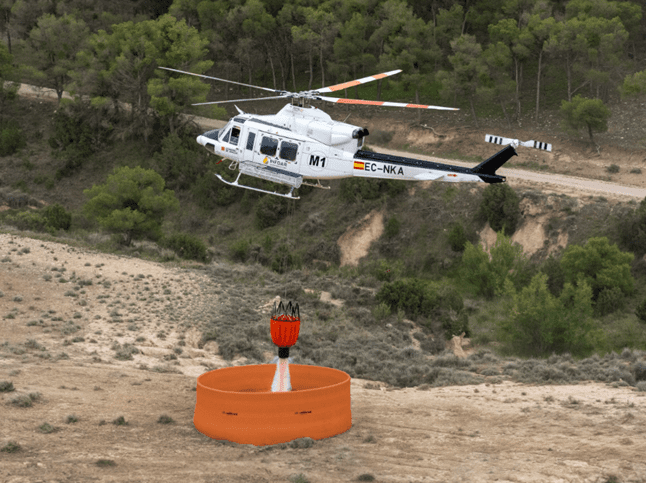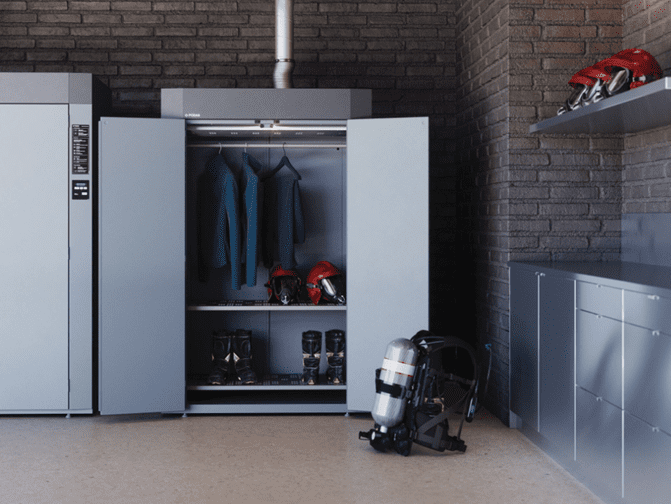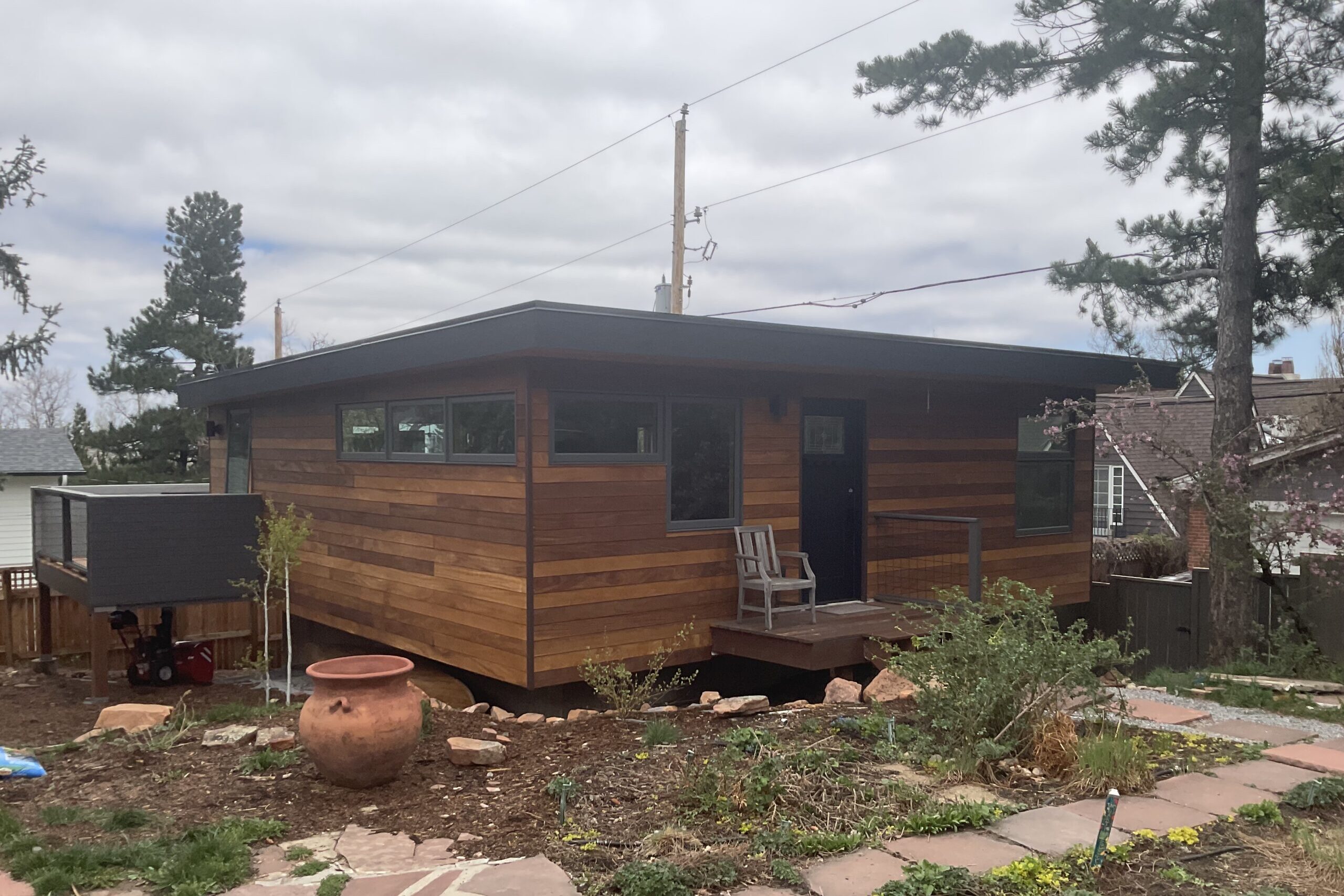Chris Beck speaks to Chad Christiansen, VP & CEO of Fol-Da-Tank, about how his company’s products can be used in a wide range of situations
Tell us a bit about Fol-Da-Tank
Fol-Da Tank was founded in 1954 by my grandfather, who invented the first portable folding water tank for rural fire-fighting. He was actually a banker at the time, and he ran a department in the local bank. One of his customers had a business rebuilding fire trucks for the rural fire service. Water supply was a major issue at the time; there was no way of getting a reliable water service out there, and fire-fighters were having to lay out extension liners in a square then drape a tarpaulin over the top to form a tank or reservoir. My grandfather came up with the concept of the folding tank and soon after began developing the Fol-Da-Tank. It was introduced to the market in Illinois in 1954 and my grandfather then applied for his first patent.
In 1979, my father bought out the company. I started out at about age 19 working in the shop, helping with all aspects of production, from assembly to fabrication to packaging and shipping, so I have really learnt the company from the ground up. My father retired last year, and I have become the third generation family owner.
Family ownership is something that is very common in the fire industry. Do you think that keeping it in the family gives the company an important identity?
Absolutely, yes. A lot of the bigger companies, such as W.S. Darley, are even older than us and they take a lot of pride in dealing with other family-owned organisations.
What was your first product, and how has your product line developed from there?
The folding tank was our first product, and not a lot has changed on the basic product aside from a few little bells and whistles. There are new, heavier duty fabrics for the liners, for example. Handles on the interior of the liner are a hot item at the moment, as they make it easy to empty the last few gallons of water out of the tank at the end. Other designs have evolved since then. We have our onion, or pumpkin-style tanks, for example. These are ideal for the wildfire-fighting community. We are also proud of our quick-assemble tanks, which can take varying forms – they can be taken apart and put into a duffel bag for easy storage and transportation.
We have several patents on our tanks. We have a patented roller tank, as well as other patents on accessories for them, such as a guard that protects your hand from the pinch points created on the folding sides, which fold inwards as the tank opens out. We also have a patent-pending tank as part of our single-lane range. This range consists of elongated rectangular or, in this case, hexagonal tanks, which are a much narrower profile and are ideal for use on narrow rural roads that may only be 15 feet wide and poorly paved with a large drainage ditch on each side. The narrow profile of the tank prevents the Fire Department from having to do one of two things. Firstly, it prevents the Department taking up extra road space with a larger, square tank, or indeed having the frame overhanging the edge of the road and being damaged. Secondly, the greater risk is that if a tanker truck has to veer off onto the shoulder of the road, it is at a great risk of rollover, especially if the shoulder is quite soft. By utilising these longer, narrow tanks, we create a much safer and efficient method for rural water shuttling operations.
Would you say that remote, hard to access areas are what your products are designed for?
The folding tanks are typically used in rural environments – anywhere that doesn’t have readily accessible water at the scene of a fire, such as a fire hydrant or a pond – where water has to be shuttled in. Our frameless range – the onion or pumpkin tanks – are more popular with the forest service. They are very lightweight and can be easily transported to the scene, where water can be flown in, pumped in or trucked in. a very common use is with helicopter dead-bucket operations. The helicopter carries the Bambi bucket and can dip it in the portable tank to dump on the fire if there isn’t a natural body of water around. They can cut their travel time in half and get twice as much water on the fire.
Would you say that, in the future, unmanned vehicles will take over from helicopters in forest fire-fighting, and will your products still be as useful?
I don’t see why not. The tank itself will still require manual set-up, of course, but once that’s done I can’t see any reason why an unmanned aerial vehicle couldn’t utilise our tanks on the ground. UAVs are becoming more popular in fire-fighting nowadays, and there are occasionally very tragic incidents where helicopter pilots are injured or killed when fire-fighting. Buckets can snag on trees or other large objects, and there are always fluctuations in weather patterns and wind direction that can affect the aircraft. I can see how an unmanned aircraft would be an advantage.
What are your major international markets, and are there any regions you’re looking to expand into?
We have, through export management companies, been selling our products throughout Mexico and South America. We are also getting stronger in Europe and Russia, and have a decent market in the Middle East, although we will always have room to continue growing in those areas. This will be done through the effective use of importers and exporters.
How do you think the company as a whole will grow in the future?
We have been increasing our marketing for not just the fire industry but also the oil and gas, oil spill cleanup, pressure washing, mine dewatering and humanitarian aid industries. We can manufacture our tanks using NFS 61-certified fabric that allows us to store drinking water suitable for human consumption, either in open top tanks or in fully enclosed ones. For humanitarian aid, we have used our products for water purification systems. Some tanks can be used to store raw water and allow other tanks to hold the purified ones. The humanitarian angle is definitely one we will expect to see grow, as the frequency of extreme weather like droughts, as well as wars across the world, continues to, sadly, increase.
www.fol-da-tank.com









